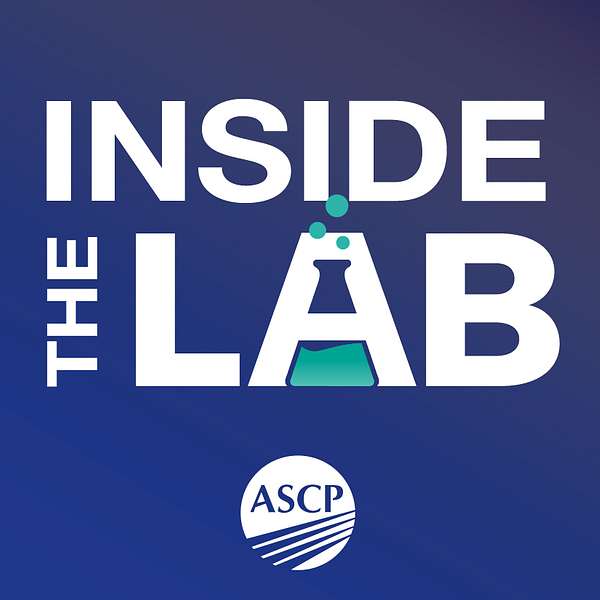
Inside the Lab
Inside the Lab
Special Episode: Ki67 as a Prognostic and Predictive Biomarker in HR-Positive/HER2-Negative Early Breast Cancer
This 45-minute podcast features the expertise of a pathologist and an oncologist highlighting important and practice-changing developments related to the use of Ki67 biomarker testing in patients with HR-positive/HER2-negative early breast cancer, such as new clinical data with immediate implications for patient care. Case-based, and with expert perspectives and recommendations, this podcast addresses key educational gaps and controversies related to optimal Ki67 biomarker testing methods, including challenges with standardization, interpreting findings, and potential therapeutic implications for patients with HR-positive/HER2-negative early breast cancer to optimize clinical outcomes.
Topics covered include:
- Analytical validity of Ki67 as a diagnostic assay, application of results in clinical practice, and relevance to therapy
- Current and emerging therapies for HR-positive/HER2-negative early-stage breast cancer
- current standardized methodologies for Ki67 quantification
- Optimizing workflows and communications with the multidisciplinary team
The activity offers 0.75 CME/CMLE credit.
The American Society for Clinical Pathology (ASCP) is accredited by the Accreditation Council for Continuing Medical Education (ACCME) to provide continuing medical education (CME) for physicians.
Learning Objectives:
Upon completion of this activity, you should be able to:
- Incorporate the evidence on the current use of Ki67 as a predictive and prognostic biomarker into clinical practice
- Evaluate the clinical validity, utility, and differences among Ki67 assessment techniques
- Integrate best practices for Ki67 testing methodology, standardization, and reporting
- Identify patients with high-risk features who may benefit from the addition of CDK4/6 inhibitor therapy to endocrine therapy in the adjuvant setting
- Foster collaborative discussions and workflows between oncologists, pathologists and the multidisciplinary team on recent clinical evidence to guide personalized treatment planning for HR-positive/HER2-negative early breast cancer
- Identify patients with HR-positive/HER2-negative early breast cancer that expresses Ki67 who may be eligible for ongoing clinical trials
Faculty:
Sunil S. Badve, MD, FRCPath
Vice Chair, Pathology Cancer Programs, Department of Pathology and Laboratory Medicine
Emory University School of Medicine
Atlanta, GA
Manali Bhave, MD
Assistant Professor, Department of Hematology and Medical Oncology
Emory University School of Medicine
Atlanta, GA
The American Society for Clinical Pathology (ASCP) is accredited by the Accreditation Council for Continuing Medical Education (ACCME) to provide continuing medical education (CME) for physicians.
Credit Designation Statement
The ASCP designates this internet activity for a maximum of 0.75 AMA PRA Category 1 Credit(s)™. Physicians should claim only credit commensurate with the extent of their participation in the activity.
ASCP designates this internet activity for a maximum of 0.75 CMLE credit. This activity meets CMP and state re-licensure requirements for laboratory personnel.
For questions regarding CME credit, please contact ASCP Customer Service at 1-800-267-2727, during normal business hours: Monday through Friday, 8 a.m. to 6 p.m. Eastern Time
Method of Participation
To complete the activity and receive credit, the participant must complete the online course. CME certificates will be provided online.
Provided by the American Society for Clinical Pathology in partnership with Clinical Care Options, LLC
This activity is supported by an educational grant from Lilly.